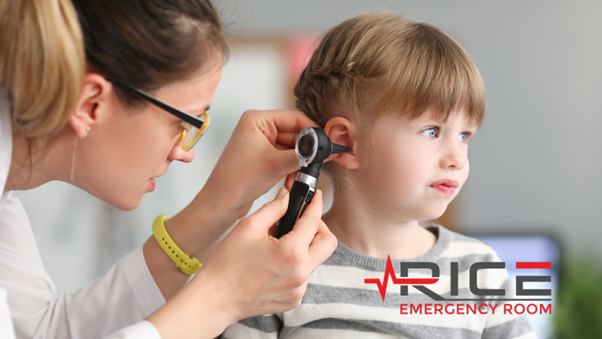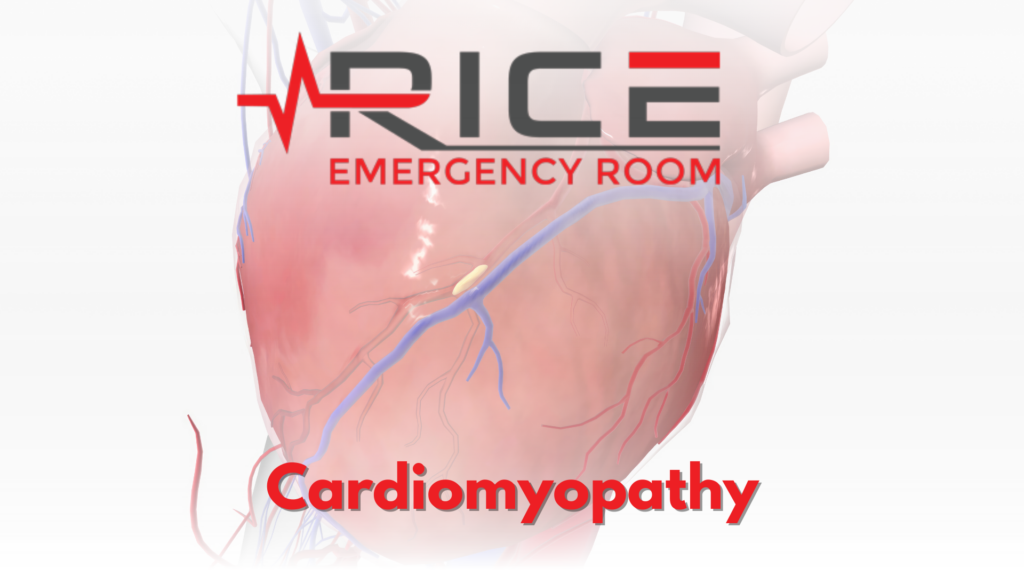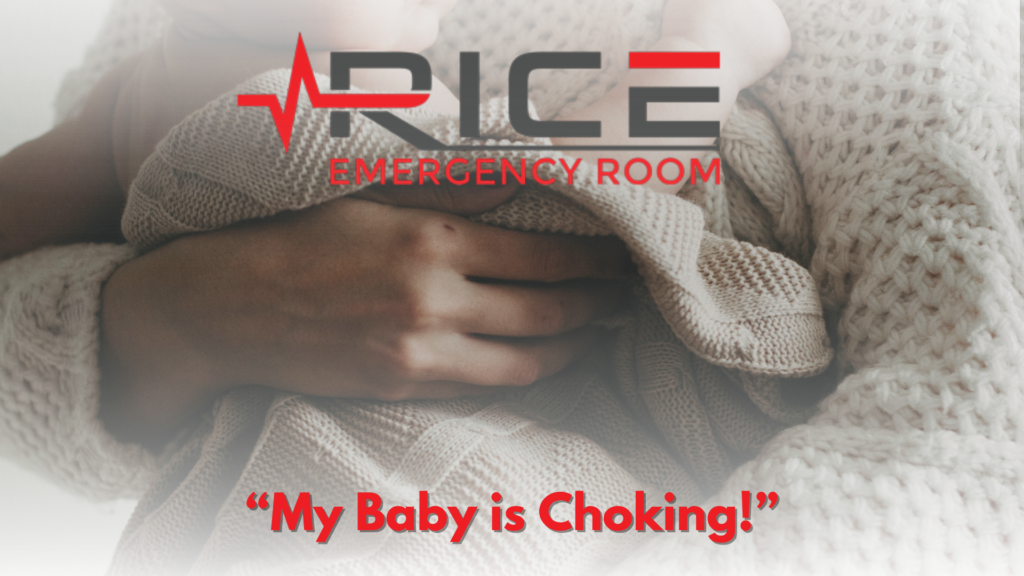
Hearing loss in children can affect their ability to learn and grow, socially impacting their overall development. That’s why it’s essential to spot any worrisome signs as soon as possible and seek medical advice. Here we present childhood hearing issues are common and how they can be treated effectively.
What Is Hearing Loss in Children?
Hearing loss in children is when their hearing ability is reduced, or they cannot detect certain sounds. Hearing loss can range from mild to severe and affects how your child processes sound. It happens when any part of the ear is not working normally. This includes the outer ear, middle ear, inner ear, hearing or acoustic nerve, and auditory system. (CDC, 2022)
Common Causes of Hearing and Ear Issues
A variety of factors can cause hearing loss. It is more likely if the child has congenital disabilities or a family history of hearing loss, was born early, stayed in the neonatal intensive care unit (NICU), or had newborn jaundice with a high level of bilirubin that needed a blood transfusion.
Other causes of hearing problems in children include genetic disorders, otitis media (infection of the middle ear), exposure to loud noise, and certain diseases (such as meningitis). If you have any doubt about your baby or child’s hearing, have them tested.
Recognizing the Signs of Hearing and Ear Problems in Babies and Children
Taking care of hearing and ear issues is vital for any age, but even more so when it comes to children. Recognizing hearing and ear problems in babies and children can be tricky, but there are some key signs to watch out for.
Hearing Loss in Babies
Some signs of hearing loss to look out for in babies are not getting startled by loud noises, not turning towards the source of the sound after six months of age, not saying single words like ‘mama’ or ‘dada,’ and making babbling sounds by one year of age.
Hearing Loss in Children
Hearing loss in children can be challenging to detect, as most children won’t show signs or symptoms until their language and communication skills are further developed. Signs of hearing loss may include difficulty following conversations; not responding when called; asking people to repeat themselves frequently; lack of awareness of soft noises like whispers; turning up the volume on the TV/music; mumbling, or speaking loudly.
Hearing tests are the only way to diagnose hearing loss in children and its severity accurately. Any noticeable changes should be addressed by a professional. Newborns must be tested for hearing loss shortly after birth to receive prompt therapy. Intervention within the first six months can prevent social and developmental problems. (Johns Hopkins Medicine, 2022)
How to Treat Hearing Loss
Treatment options depend on the type of hearing loss, its cause, and the severity of the condition. Some options include,
Hearing Aids: Hearing aids are small devices that amplify sound and provide a clearer understanding of speech and other sounds. They come in various sizes and types depending on the severity of the hearing problem. An audiologist can help choose a hearing aid based on the child’s needs. Getting a hearing aid before six months of age can significantly help language development for babies with permanent hearing loss.
Frequency Modulation (FM) Systems: An FM system is portable and can be used at home or in places with a lot of background noise. It makes the speaker’s voice louder and helps to reduce background noise.
Cochlear Implants: Cochlear implants are surgically implanted electronic devices which replace some of the functions of the inner ear as it stimulates the hearing nerve directly. With the help of therapy and training, children with a cochlear implant can learn to hear and speak well. It may help children with severe hearing loss when a hearing aid can’t.
Hearing Habilitation: It involves teaching the child how to listen, speak, and interact with other people more effectively. This may include speech therapy, speech or lip reading, auditory-verbal therapy (AVT), or learning American Sign Language (ASL). Your doctor and audiologist will work with your child and you to find the best way for your child to communicate. (KidsHealth, 2021)
Parents should always ensure that their children respond appropriately to loud noises, hear conversations without difficulties, and pronounce words correctly. If any of these become difficult for a child, hearing and ear problems may be the cause, and it is crucial to get them checked by an audiologist. Early diagnosis and intervention can make all the difference for your child’s development.
Works Cited
CDC. “What Is Hearing Loss in Children?” Centers for Disease Control and Prevention, Centers for Disease Control and Prevention, 18 July 2022,
www.cdc.gov/ncbddd/hearingloss/facts.html.
Johns Hopkins Medicine. “Hearing Loss in Children.” Hearing Loss in Children | Johns Hopkins Medicine, 13 Sept. 2022,
www.hopkinsmedicine.org/health/conditions-and-diseases/hearing-loss/hearing-loss-in-children.
KidsHealth. “Hearing Loss (for Parents) – Nemours Kidshealth.” KidsHealth, The Nemours Foundation, Aug. 2021,



